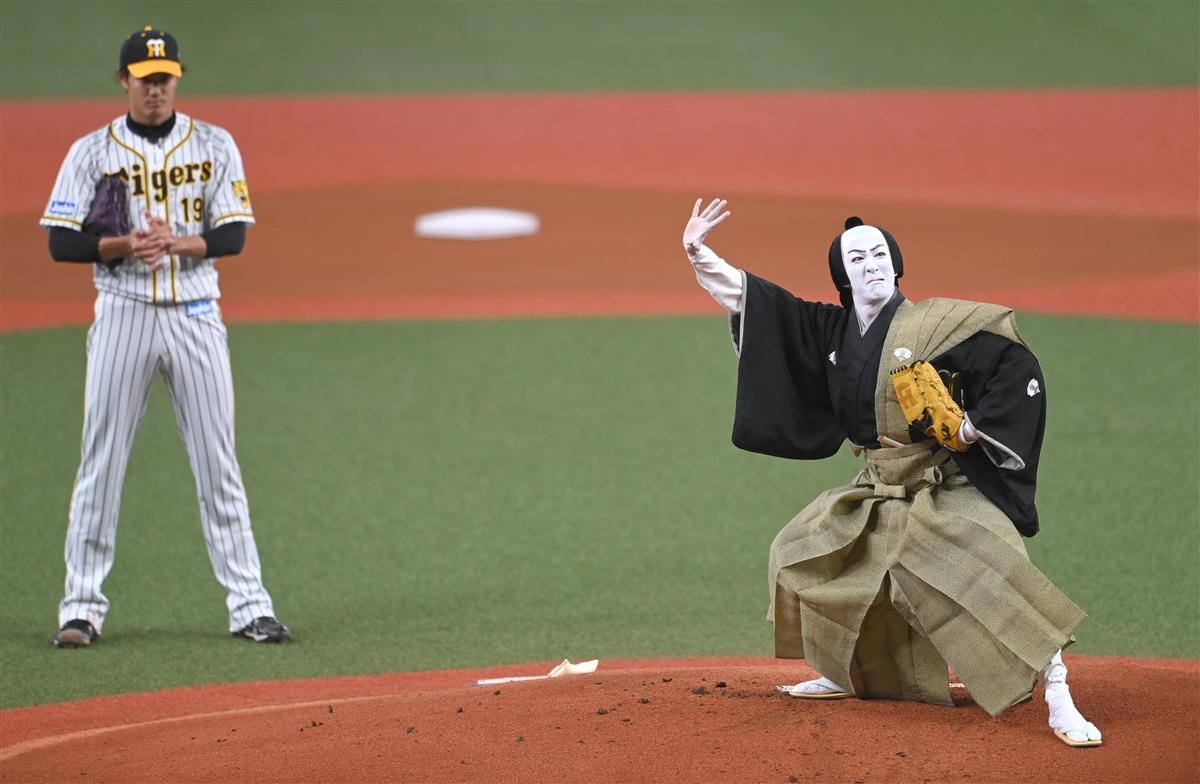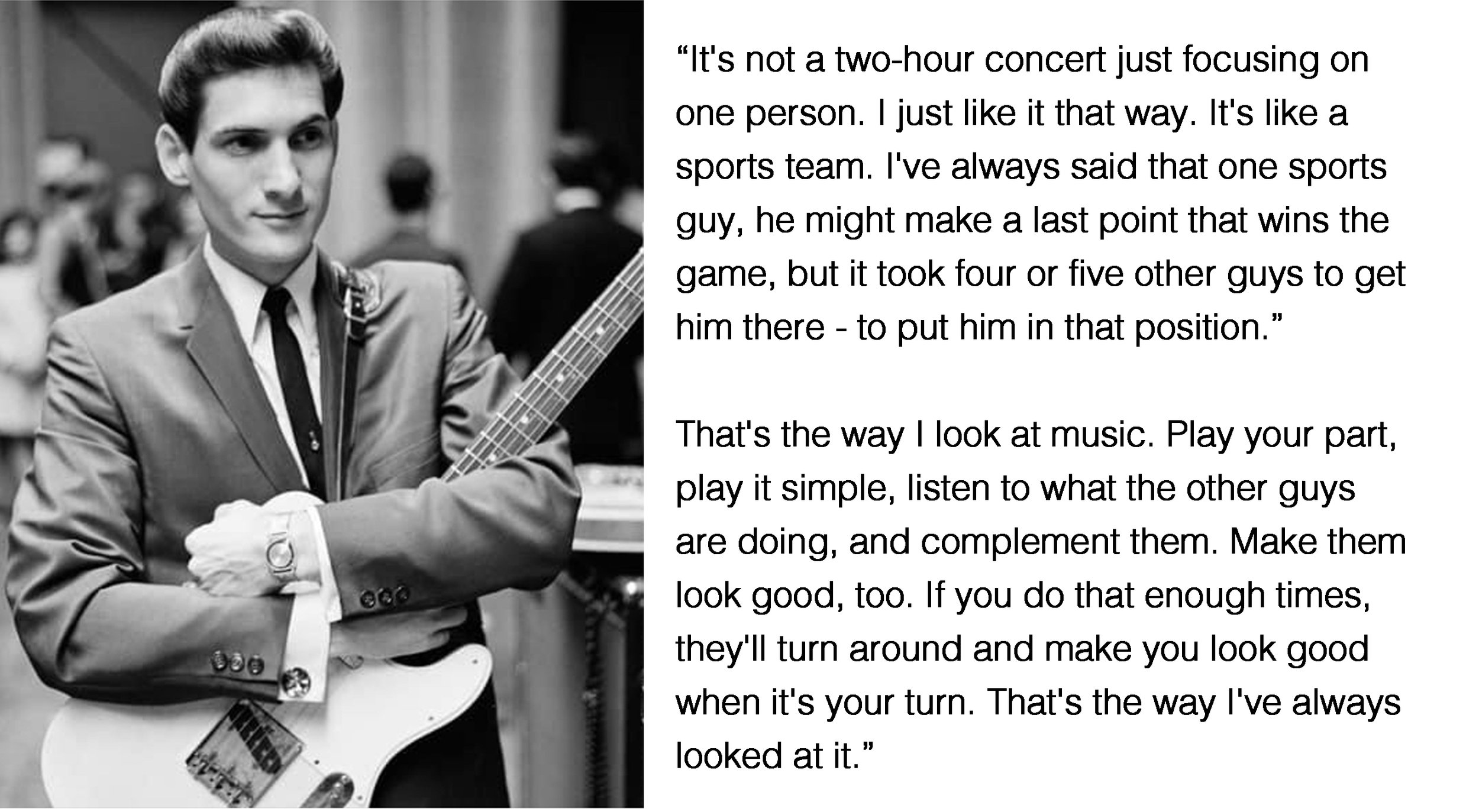Shakuhachi is Life!
I never played sports growing up, but I was a big fan. I especially loved team sports, and especially teams from my hometown of Seattle; I couldn’t get enough of Mariners baseball, Seahawks football, and Sonics basketball (RIP). I’m thrilled that Seattle now has the Kraken, a bona fide NHL team. The stereotype that musicians are nerds and all hate sports hasn’t been my experience (at least the sports part—the nerd part is just one of the harsh realities of life).
When I was spending most of my time in Canada, I got into ice hockey. Also around that time, our drummer and one of my best friends was a passionate Everton supporter—their emblem was emblazoned on the head of his kick drum—which got me hooked on The Beautiful Game. Rugby, softball, camogie, you name the team sport, I’ll watch it. (I’ll admit: I don’t get cricket, but maybe if someone patient explained it to me...)
My dad was a huge boxing fan, and I grew up watching it with him. I remember watching Muhammad Ali, Roberto Duran, and later, watching a young, unstoppable Mike Tyson. Outside of boxing (and later sumo) I never got into any kind of combat sports; team sports were really my thing.
Ali (L) Chiyonofuji (R)
I’ve always drawn parallels between sports and music. Sometimes the parallels are entirely personal. For example, when the Mariners got a new stadium, it was affectionately dubbed The House That Griffey Built, referring to future first-round ballot Hall-of-Famer Ken Griffey Jr. It was also said that in a stadium of 47,928 people cheering, Griffey, AKA “The Kid” would hear the one person booing him. I always felt I could sympathize with him in that. I have a terrible habit of counting empty seats, and taking stock of how many people leave a show early. I never hear compliments, only criticism.
There are many ways I see sports and music converge, but I’ll touch on three in particular:
“One Big Team”
The thing that drew me to music, what most captured my attention and imagination, was ensemble playing. Solo music is obviously a very important part of shakuhachi music, but I was most passionate about sankyoku as a young person. It’s also what drew me to Irish music. The blending of sounds of various instruments and voices is still hypnotic to me to this day. It’s not about one person, but the group—the team, if you will. Michael Jordan may be the greatest to play the game, but he wouldn’t have six rings if it wasn’t for Scottie Pippen, Steve Kerr, Dennis Rodman, Phil Jackson, and so on.
Likewise, the best bands in my opinion aren’t always stacked with the flashiest players. Rather, it’s the group of people who listen to one another, support one another, and make room for one another that I will love, every time. Like any good team.
Play Your Position
— Steve Cropper
Knowing the strength of every player on your team, and most importantly, knowing your own strength is vital to a functioning unit. Did you ever see Pedro Martinez in inter-league play? The bat never left his shoulder. Why? Because he’s a pitcher. An Ohtani Shohei only comes along once a century. So play your position. Know your instrument. Trust your fellow musicians. Be there when you’re needed and be ready to lift someone up when they need you. But until they do, just do your job and trust them to do theirs.
This is especially true when it comes to the business side of music. Good at promotion? Great! Handle it. Not good at promotion? Also great! But stay out of the way of the person who is. The only thing worse than not doing a thing is saying you’re going to do the thing and then not doing the thing. Because the person with the time and energy to do the thing isn’t doing it because they thought it was already done. The same is true for booking, (sound) engineering, producing, logistics, and every other aspect that goes into being a professional musician.
Practice v Rehearsal
All too often, people conflate these two things, and it’s something you’d never get away with in sports. Simply, practice is what you do on your own; rehearsal is what you do together. So, you practice to get ready for rehearsal, and ultimately, you rehearse to get ready for the gig. It’d be like showing up to spar without conditioning. You’d get your head taken off.
Not practicing before rehearsal is disrespectful of your fellow musicians and wastes everyone’s time. Know the song before you show up to rehearsal. No matter how good you are at winging it on your instrument, have a few ideas for your part. Of course you have to be prepared to have the music go a different direction than maybe you practiced for—that’s just part of the joy of playing ensemble. But come to rehearsal with a part to play. If you know the song inside and out you can wing it from there if your part needs to change.
More anon,
Hanz




